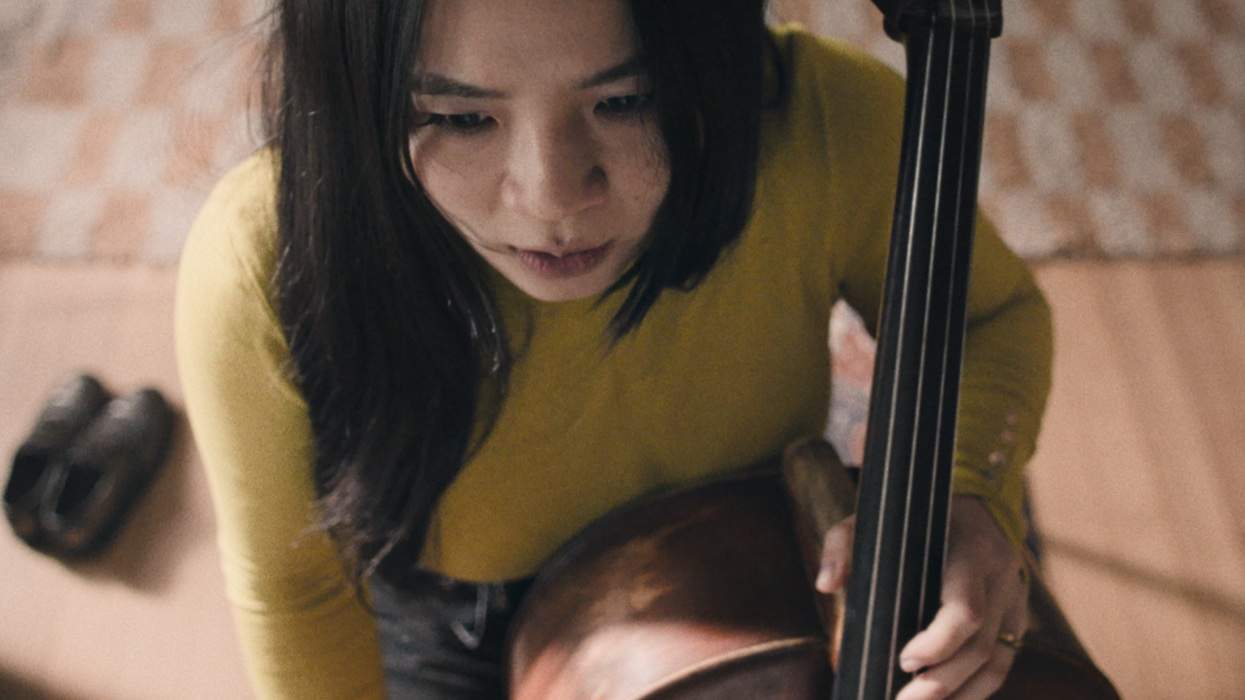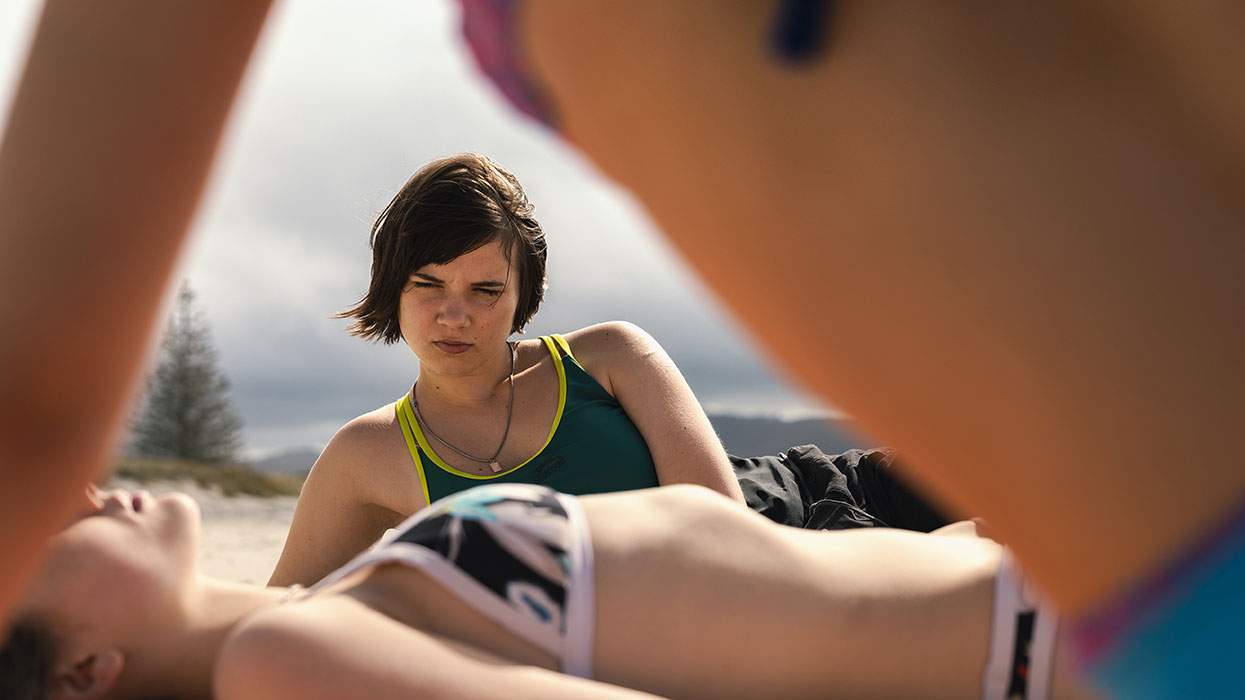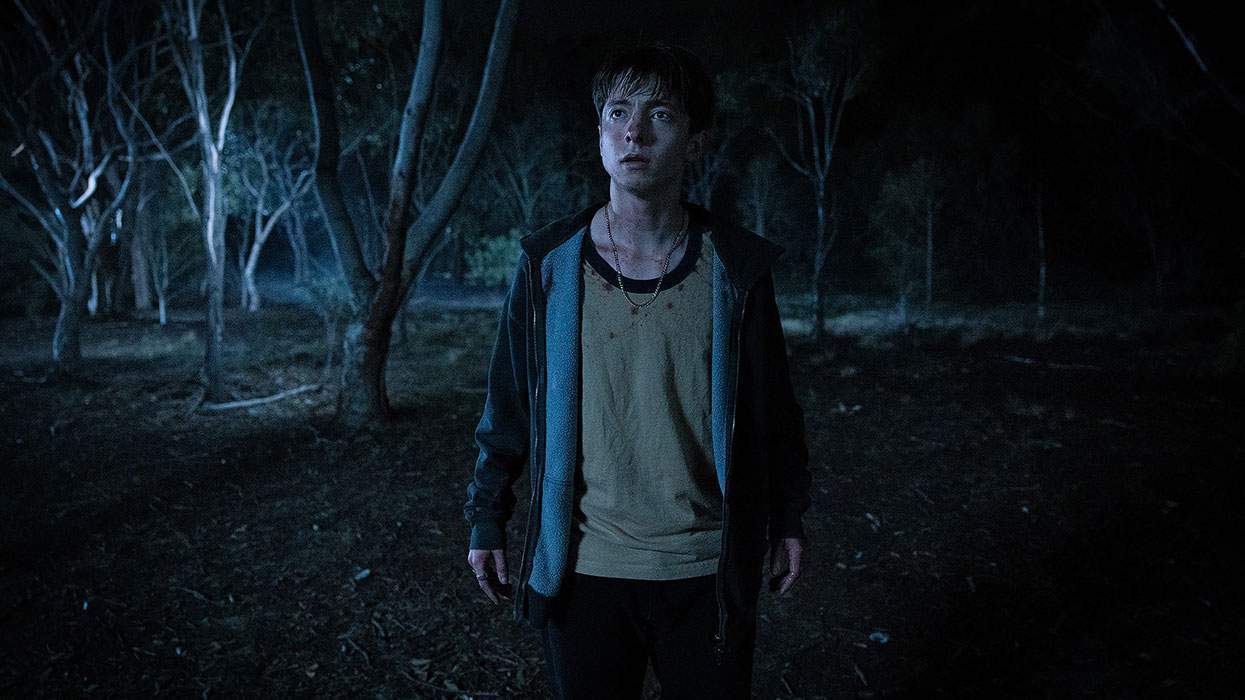The Oscars has made moves over the past few years to make its voting bloc more diverse. But new rules released Tuesday will force producers who wish to even be considered to be nominated in the best picture Oscar category to not only tell more diverse stories but to hire more LGBTQ+ people, people of color, women, and people with "cognitive or physical disabilities," according to Variety.
The Academy Awards are sidelined for the time being due to the postponement of film releases and the closure of theaters under stay-at-home orders. But for the 94th and 95th Academy Awards, slated for 2022 and 2023, films seeking the best picture nod will be required to submit a confidential Academy Inclusion Standards form. By 2024, films are required to meet two of four standards in an effort to diversify the images on the screen and the people working behind the scenes. Telling more LGBTQ+ stories and hiring more queer people is one way films can begin to meet the new standards.
Over the years, the Academy Awards has skewed almost entirely white and has shut women out of certain categories almost altogether, like the best director category in which three women have been nominated in the history of the ceremony.
Following the 2016 ceremony, at which no non-white people were nominated in acting categories (dubbed "Oscars So White"), then-President of the Academy Cheryl Boone Isaacs called for more diversity. And more women and people of color were added to the ranks of eligible voters.
The rare exception to the diversity issue at the Oscars was Moonlight, Barry Jenkins's stunning film that featured a primarily Black cast and a queer lead character that won the ceremony's top prize in 2017.
"The aperture must widen to reflect our diverse global population in both the creation of motion pictures and in the audiences who connect with them," Academy President David Rubin and CEO Dawn Hudson said in a statement. "The Academy is committed to playing a vital role in helping make this a reality. The Academy is committed to playing a vital role in helping make this a reality."
Under the new standards, in terms of the actors, "At least one of the lead actors or significant supporting actors is from an underrepresented racial or ethnic group." Those groups include "Asian, Hispanic/Latinx, Black/African American, Indigenous/Native American/Alaskan Native, Middle Eastern/North African, Native Hawaiian or other Pacific Islander, or other underrepresented race or ethnicity," according to the rules.
Additionally, "At least 30% of all actors in secondary and more minor roles are from at least two of the following underrepresented groups: women, racial or ethnic, LGBTQ+ [people], people with cognitive or physical disabilities, or who are deaf or hard of hearing."
Another way to meet one of the standards is for Hollywood to tell stories about people whose narratives have been sidelined. The official standard reads, "The main storyline(s), theme or narrative of the film is centered on an underrepresented group(s)."
Finally, the Academy's standards push for Hollywood to hire more women, LGBTQ+ people, nonwhite people, and people with "cognitive and physical disabilities." The rules call for "at least two of the following creative leadership positions and department heads -- casting director, cinematographer, composer, costume designer, director, editor, hairstylist, makeup artist, producer, production designer, set decorator, sound, VFX supervisor, writer" to be from underrepresented grups.
The hiring standard also calls for those marginalized groups to also be hired for key roles like gaffers, first assistant directors, and other crew positions all the way down to internships.
The standards don't end there. They also call for the film to offer training and "skills development" to all of the aforementioned underrepresented groups. And for the marketing and publicity teams to meet the same standards of diversity as those of those working directly on the film.
















Charlie Kirk DID say stoning gay people was the 'perfect law' — and these other heinous quotes
These are some of his worst comments about LGBTQ+ people made by Charlie Kirk.